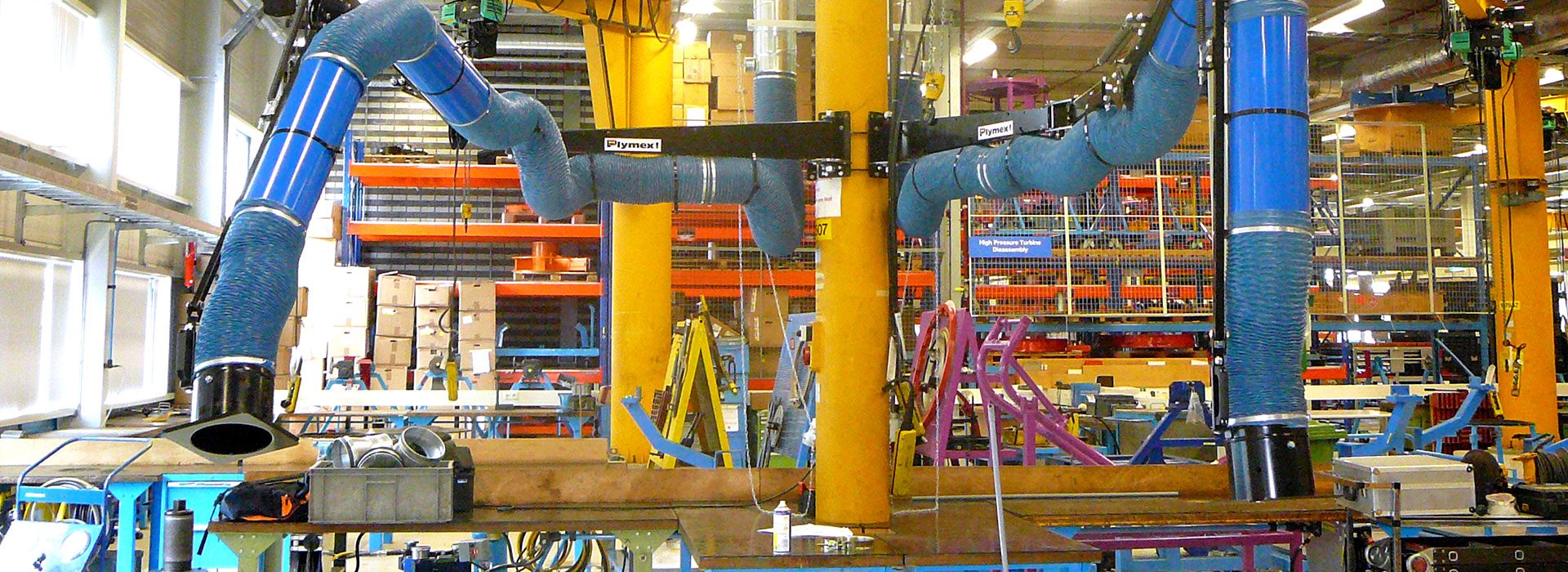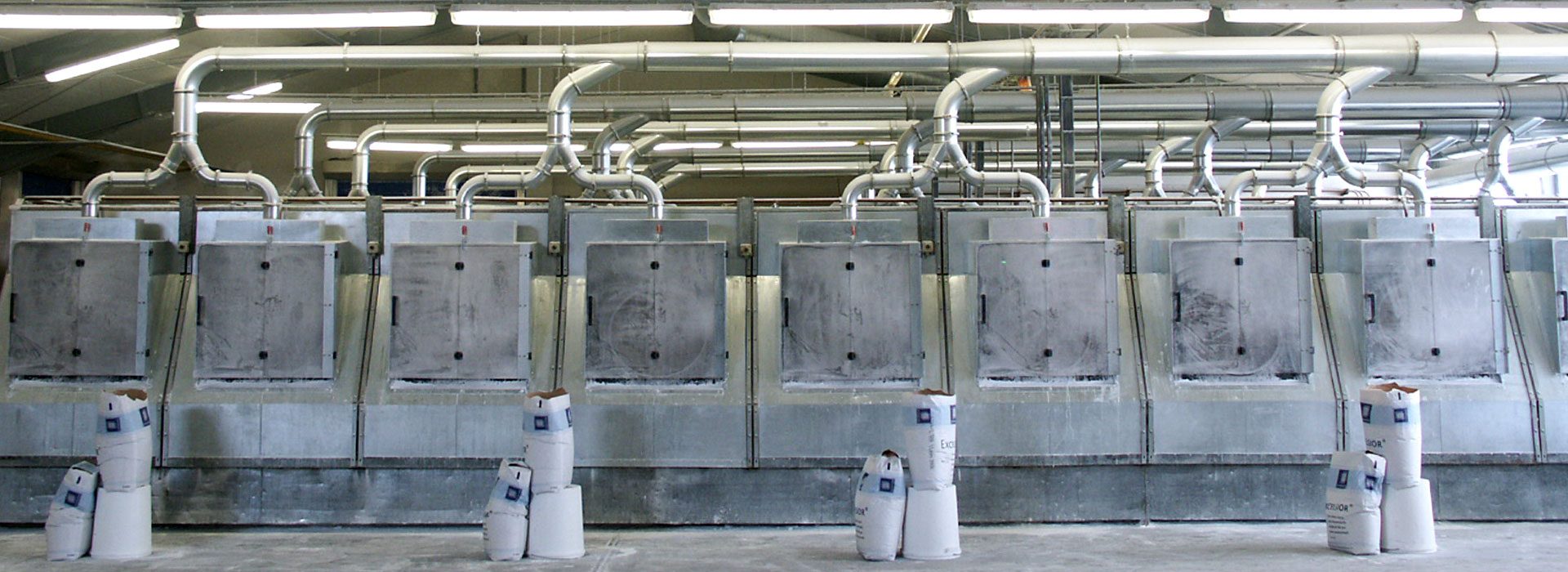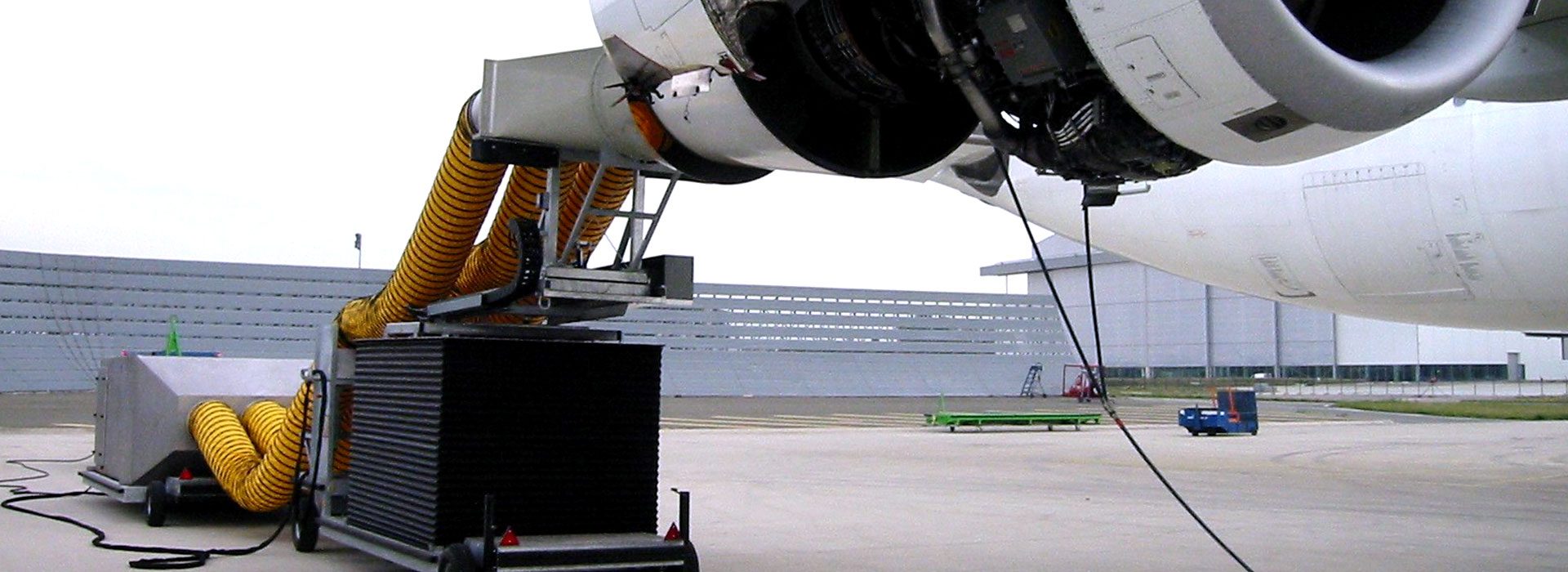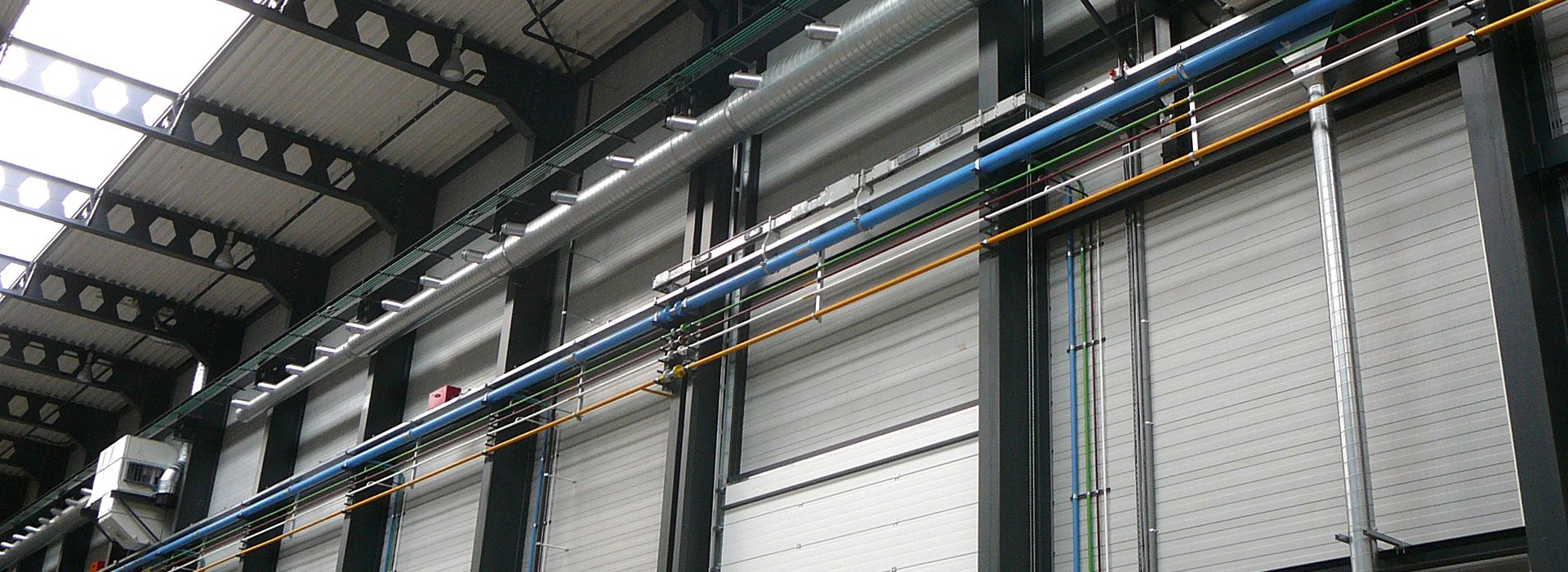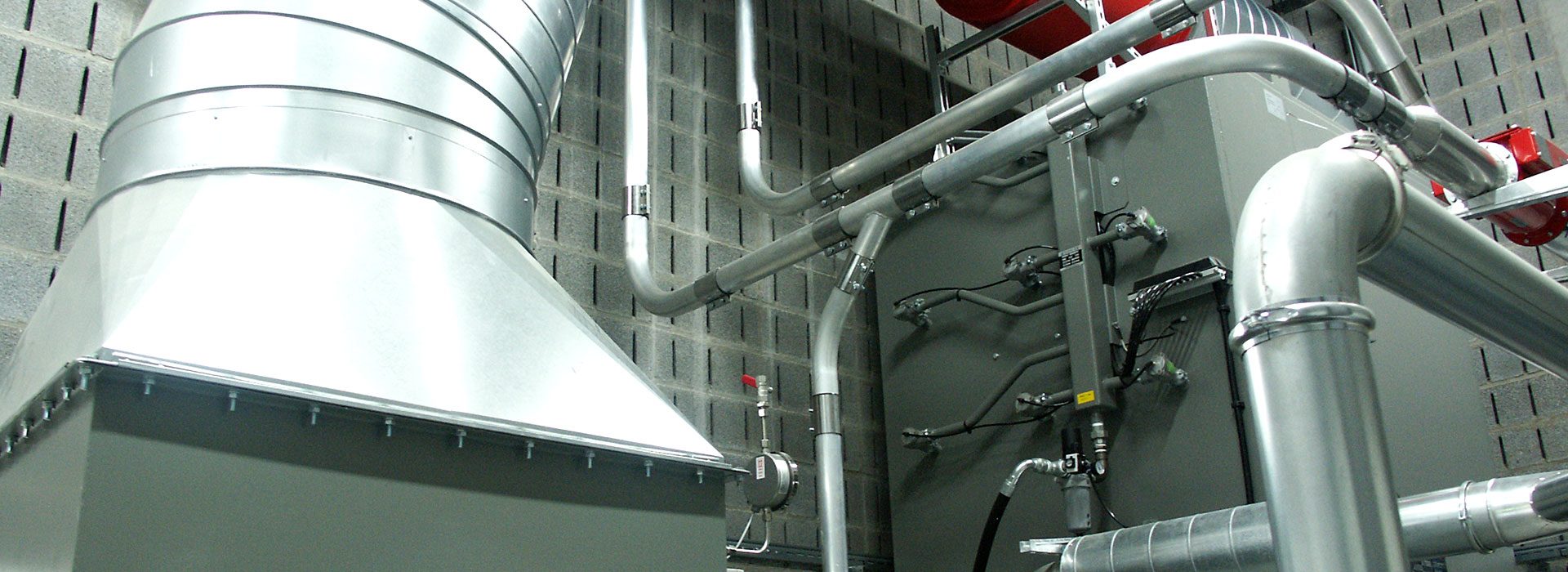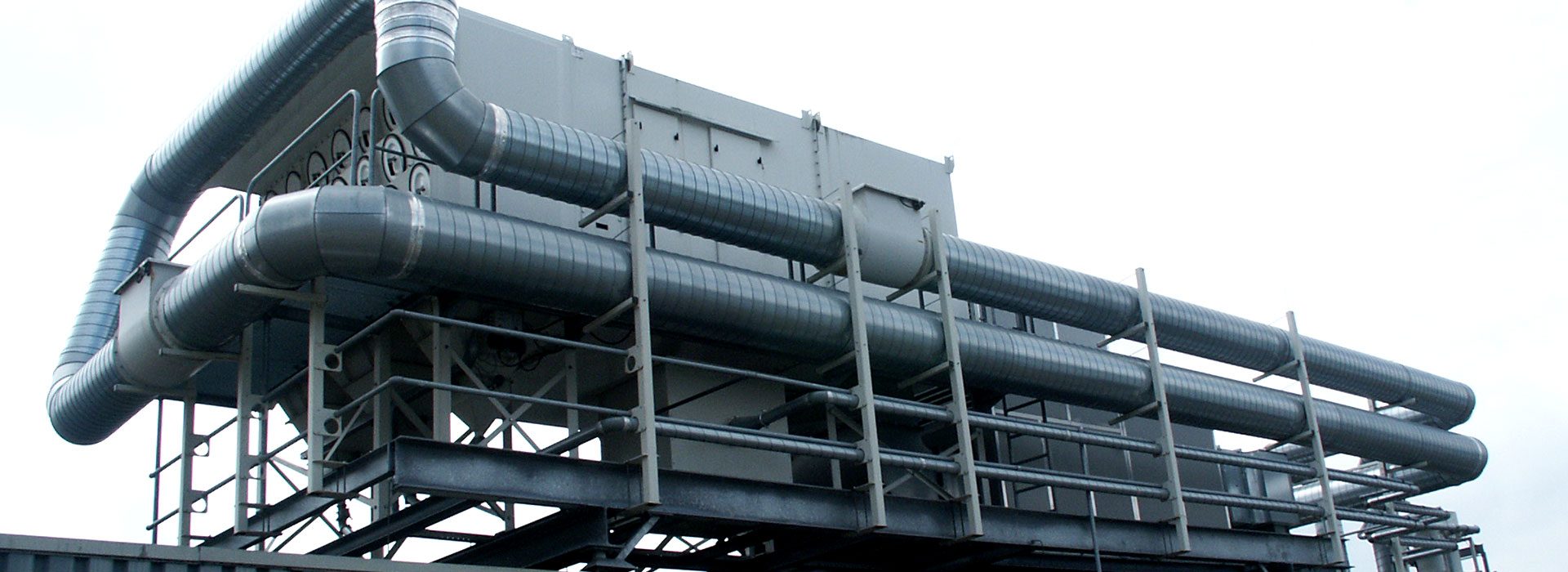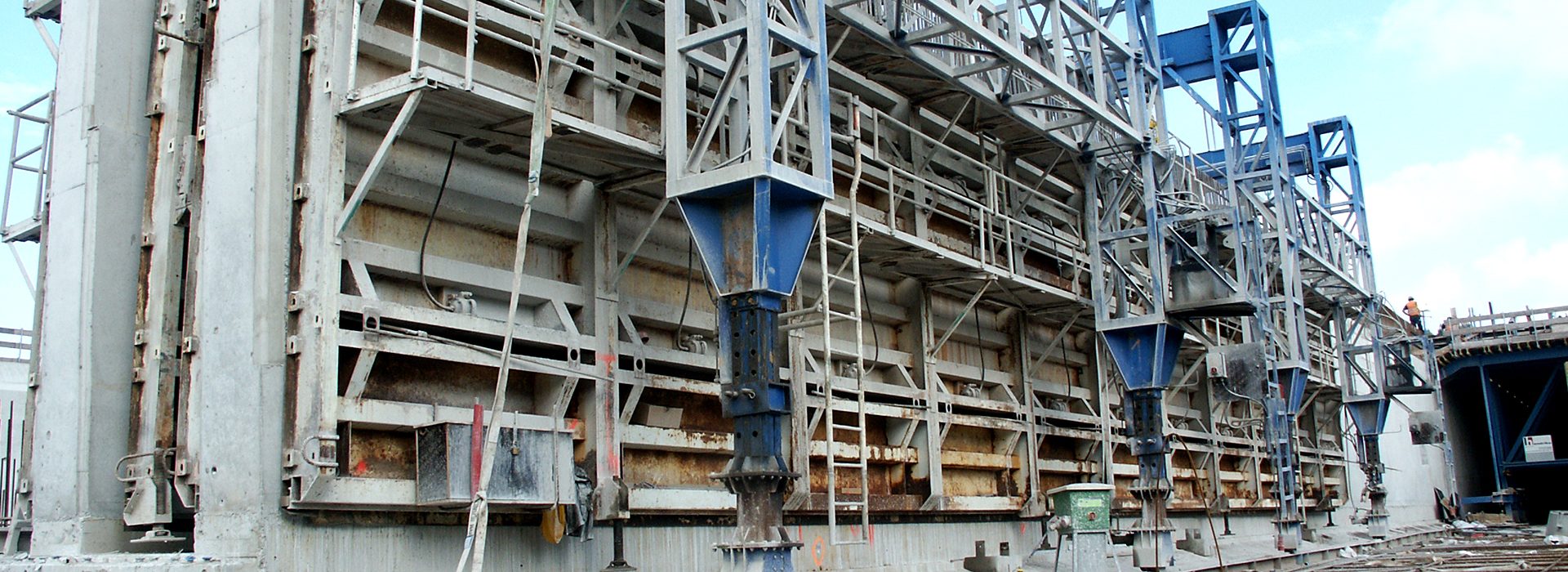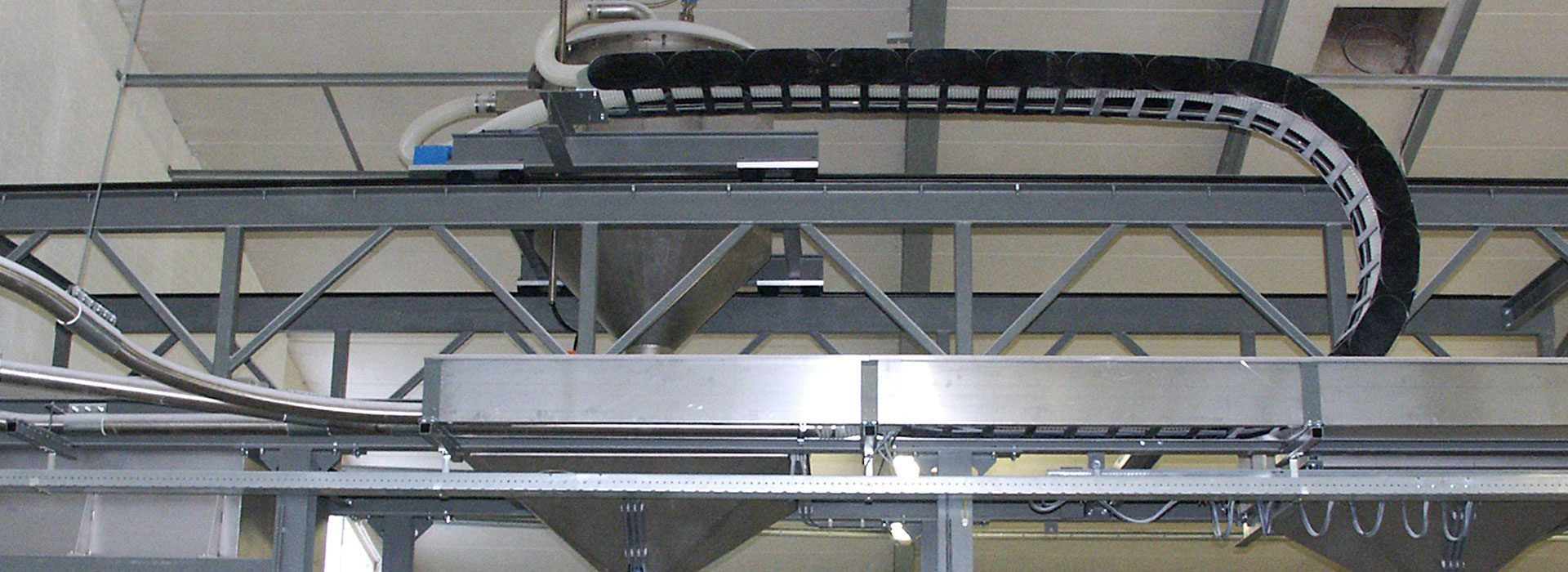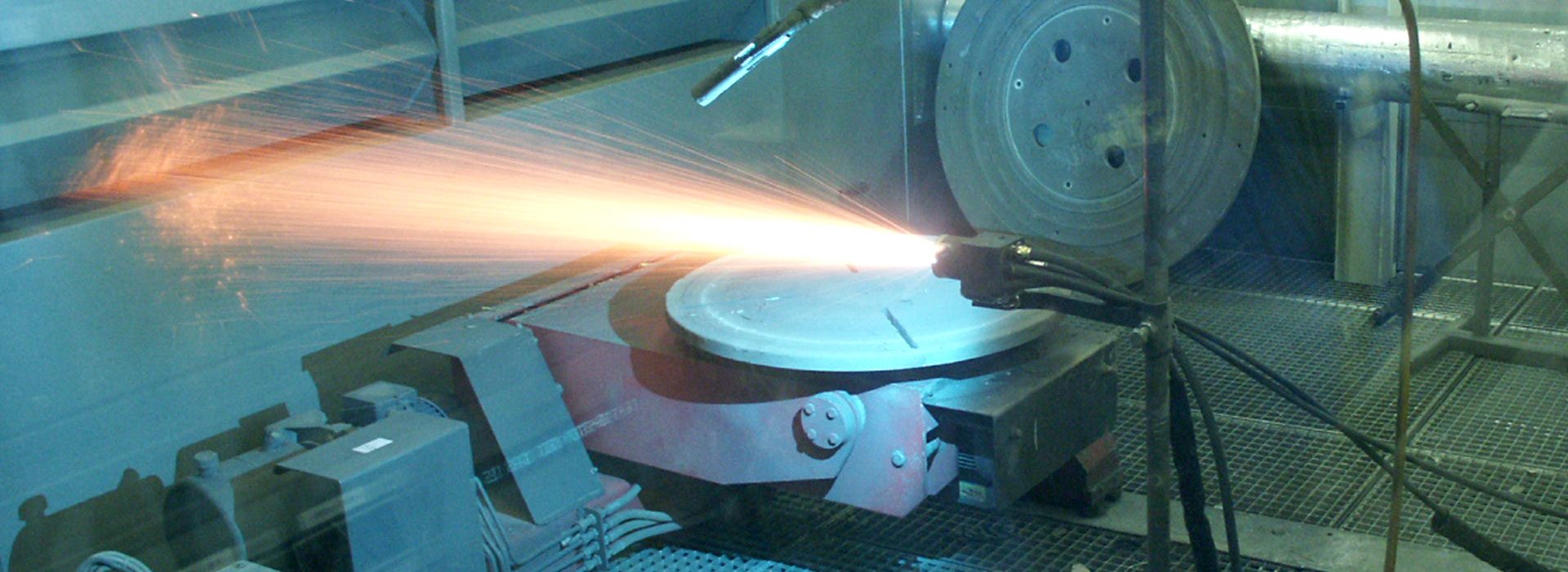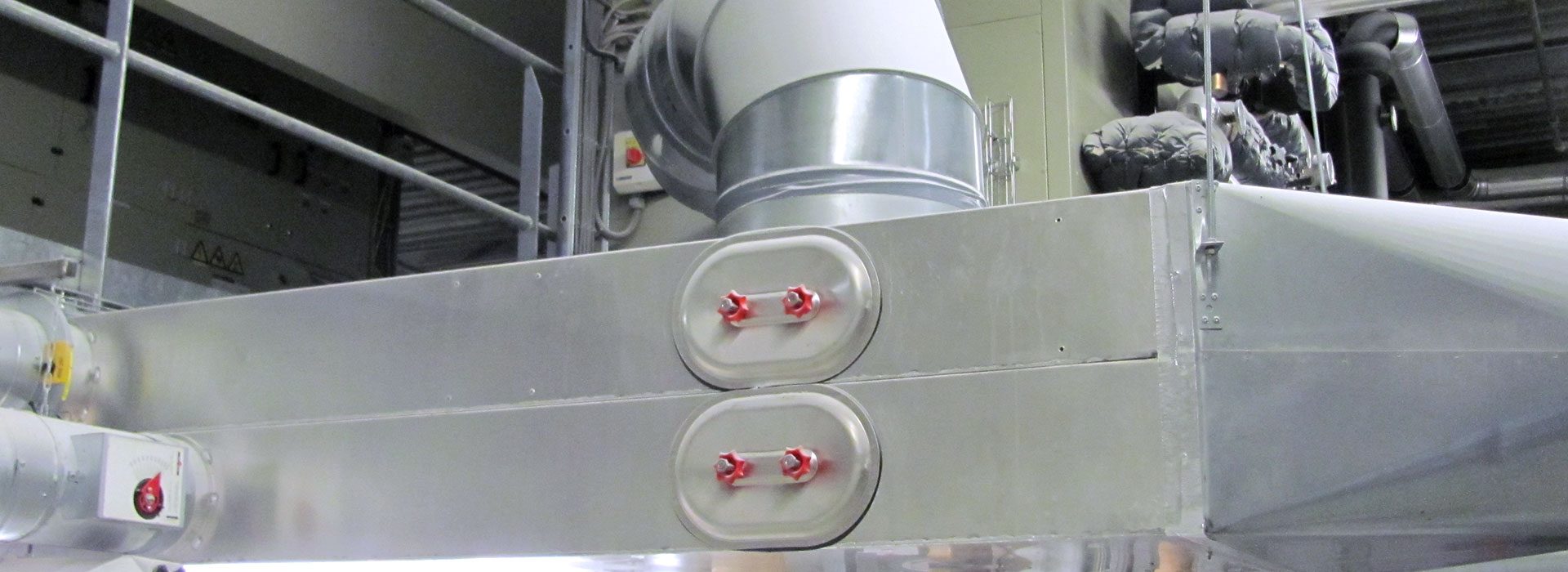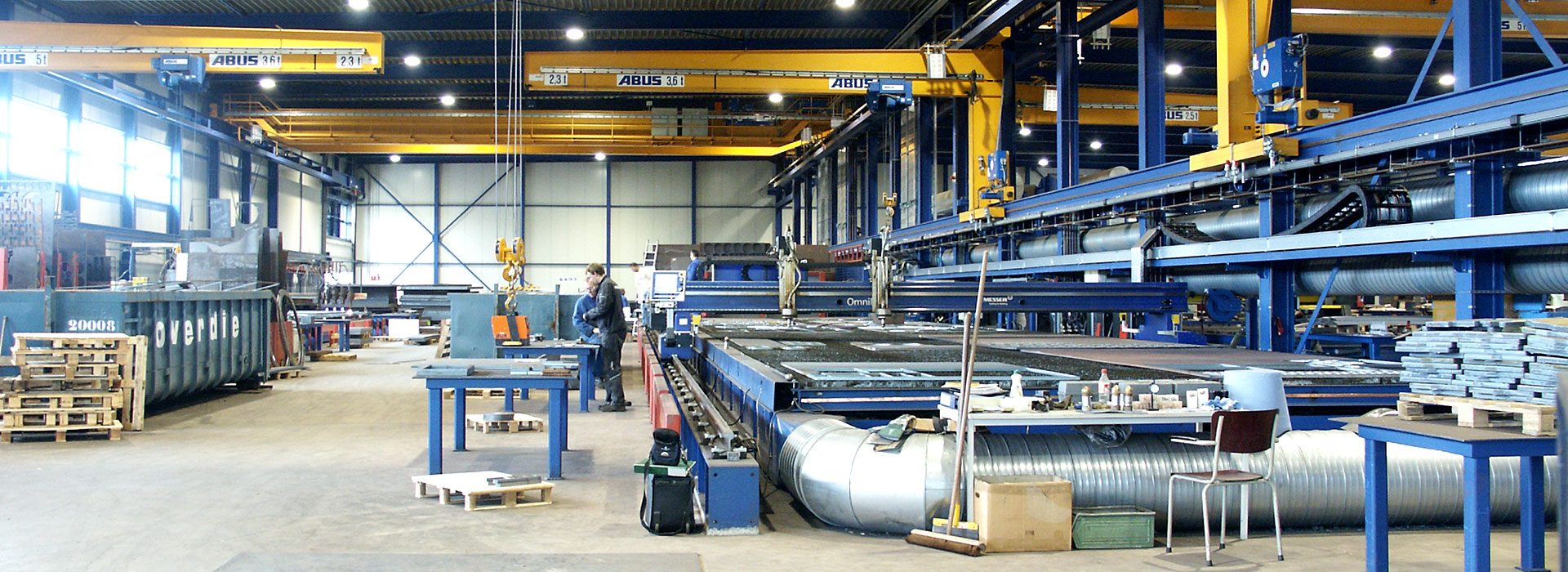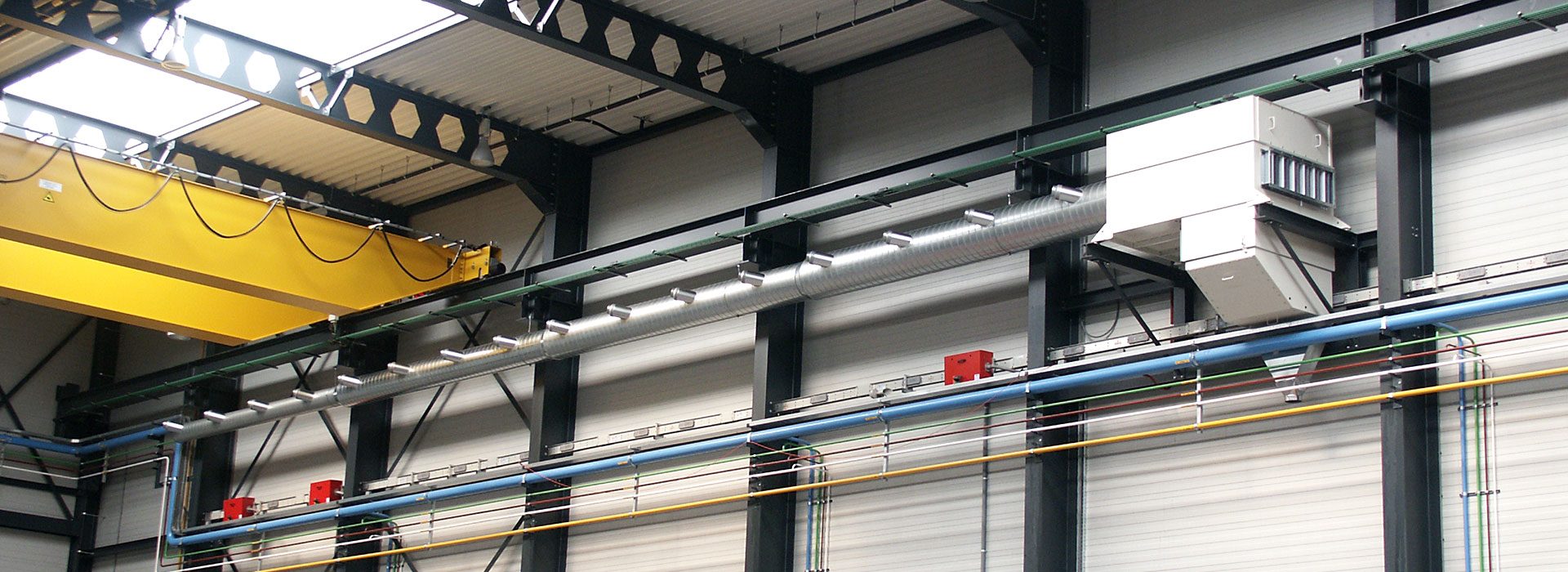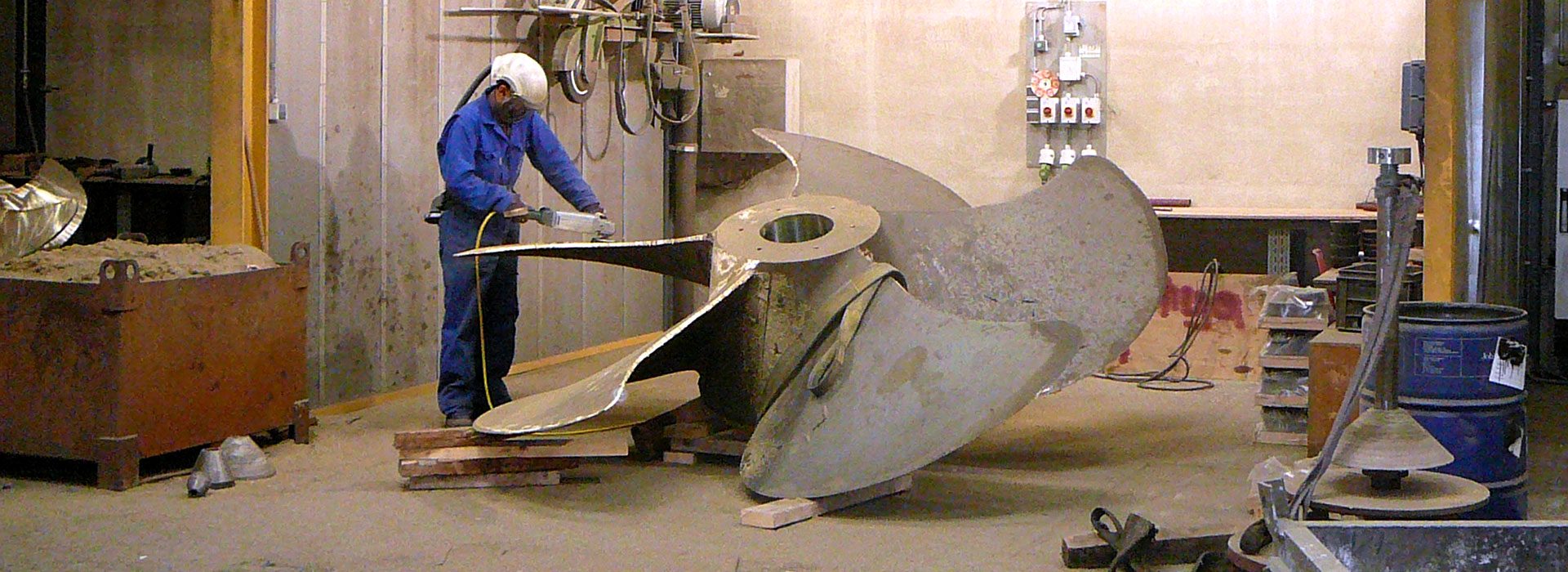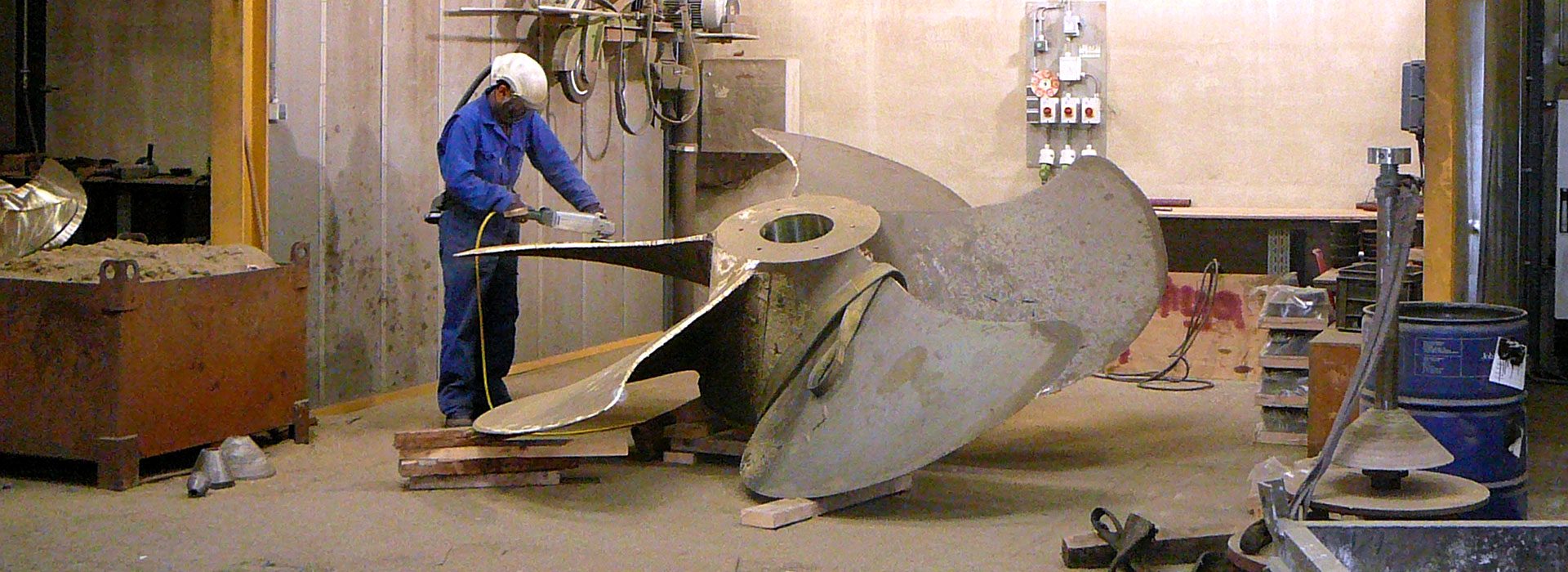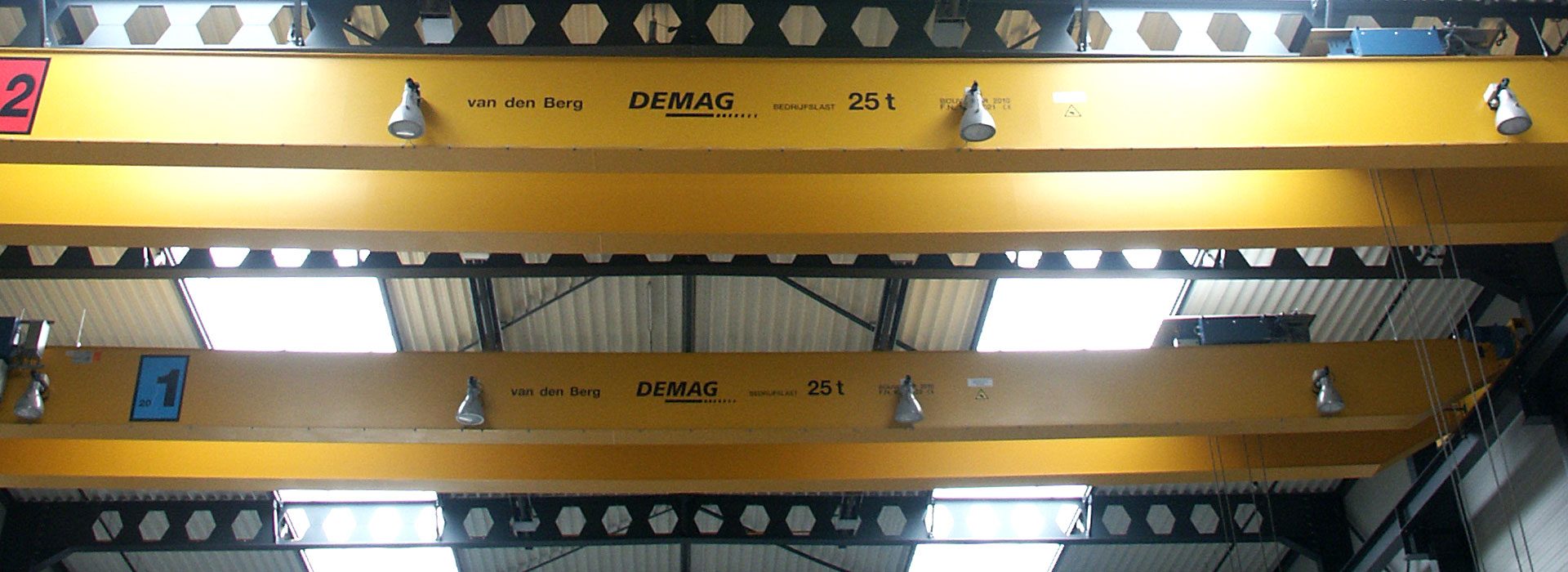In fact, the UK has consistently been exceeding EU air pollution limits – something that environmental law firm Client Earth are taking the UK government to court over.
Parts of London broke the annual limits within just eight days of the new year.
But it’s not just about breaching a law. People’s health is seriously at risk from air pollution, particularly the most vulnerable in society – the young, elderly and people with a lower income.
And this is a case of life and death.
Air pollution causes around 40,000 deaths in the UK every year, says a report from the Royal College of Physicians and Royal College of Paediatrics and Child Health titled “Every breath we take”.
Just let that sink in for a minute.
LIAOCHENG, CHINA – DECEMBER 30: (CHINA OUT) Citizens walk in heavy smog early morning on December 30, 2015 in Liaocheng, Shandong Province of China. Liaocheng Meteorological Bureau has issued orange alert to heavy smog as the visibility in part of areas reached to less than 100 meters. (Photo by Zhao Yuguo/ChinaFotoPress)***_***
What is harmful air pollution in the UK caused by?
Some other countries, including China and India, infamously have smoggy episodes that are dangerous to health.
In China, for example, the smog is a combination of coal-plant emissions, coal stoves and traffic fumes but in the UK the main cause of air pollution in the UK is traffic.
To a lesser extent we are also affected by coal plant emissions, which are even blown across from continental Europe as well as coming from our own remaining plants.
The reduced (but not insignificant) role of industry and coal is partly because of laws that have cleaned up the air from industrial emissions – relatively speaking.
Car exhausts are have also been cleaned up a bit with much less lead, sulphur, soot and carbon monoxide than before.
Now, our air pollution problems are mainly dominated by nitrogen oxides (NOx) and particulates from diesel cars, which make up about half of the UK’s vehicles.
Apart from outdoor air pollution – which we mainly focus on here – it’s important to note that gas boilers and cooking on gas are a source of NOx in the home. Tobacco smoke, wood-burning stoves and cleaning products can also contribute to indoors air pollution.
This is not a small problem – we’re looking at a “public health disaster” according to John Grigg, Professor of Paediatric Respiratory and Environmental Medicine at London’s Queen Mary College.
What is UK air pollution made up of?
In the UK it’s mostly particulate matter and NOx.
Tiny particles of matter (particulates or PM) with a diameter of 2.5 micometres or less is more dangerous than PM10 (10 micrometres in diameter) because it can reach deep inside the lungs when inhaled and enter the bloodstream, according to the WHO. PM10 is more likely to be filtered out by the body’s defences, starting with our nasal hair.
PM2.5 is made up of a complex mixture of solid and liquid particles suspended in the air. NOx, for instance, can condense onto soot (hydrocarbon), coating it – or react to form brand-new particles in the atmosphere, many of which are dangerously small.
NOx can also harm human health by itself – causing the inflammation of the airways, affecting lung function and causing respiratory illness.
Apart from this, NOx is a key player in of the chemical reaction that results in ozone (O3). This reaction is helped along by the sun’s rays, which can lead to summer ozone episodes in the UK.
How can air pollution affect our health?
Air pollution can affect our lung function and there is “highly suggestive evidence” it can cause asthma, according to the “Every breath we take” report.
You would expect breathing in particulates and harmful gases to impact on our lungs and breathing – but what about other diseases?
It turns out it also causes deaths from cardiovascular disease – including heart attacks, heart failure and strokes – and cancer.
Air pollution has been classified as a ‘group 1’ carcinogen, and identified as a leading environmental cause of cancer, by The World Health Organisation’s (WHO) cancer agency The International Agency for Research on Cancer (IARC).
A link between air pollution and the onset of type 2 diabetes is also becoming apparent, as well as emerging evidence that prolonged exposure to air pollution can affect the brain and cognition.
In short, air pollution is very bad news indeed.
Who is the most vulnerable to air pollution?
Seven out of ten London-based parents surveyed said they worried about the impact of air pollution on their children’s health.
Parents are right to feel concerned about the dangers of air pollution, which can affect children’s development – even when they are still in the womb.
Some pollutants, including fine particulate matter called PM2.5, can cross through the placenta and affect fetal growth.
Air pollution therefore may be linked to premature birth; a smaller head circumference, which could result in impaired psychomotor development in the child’s early years; and reduced lung function, which can raise the risk of deadly lung infections.
“Gestation, infancy and early childhood are vulnerable times because the young body is growing and developing rapidly. We know that the heart, brain, hormone systems and immunity can all be harmed by air pollution,” the Every breath we take report states, “Harm to babies and children will have an impact that lasts far into the future.”
A large epidemiological study in California found that if children live in highly polluted areas they are four times more likely to have significantly reduced lung function as adults. The study also linked new cases of asthma to living near traffic pollution.
In London, almost a quarter of school children are exposed to dangerous air pollution that breaches EU and WHO thresholds, according to a report from think tank IPPR.
Older people are also vulnerable to the effects of air pollution. Air pollution is strongly linked to causing cardiovascular diseases, including by furring up the arteries. Heavy air pollution days see more people with heart conditions hospitalised and more deaths.
Air pollution also makes the deterioration of lung function – and cognitive decline – in older age faster.
Air pollution in London, in particular, disproportionately affects lower income groups as well as children, the IPPR report highlights. Deprived areas often have higher levels of pollution.
What happens to health if you reduce air pollution levels?
All of the health problems associated with air pollution represent an estimated £20 billion a year cost to society.
The World Health Organisation says that countries “can reduce the burden of disease from stroke, heart disease, lung cancer, and both chronic and acute respiratory diseases, including asthma” if they reduce air pollution levels. This would improve the short term and long term respiratory and cardiovascular health of people, the agency states.
In some cases, improving air quality can stop and even reverse damage to health. The large California study of children’s’ health found that this was the case when it came to lung function.
How do other countries deal with air pollution?
In China, when the smog is particularly bad people coal plants are turned off, car use is limited and schools are closed. There is also an official system to warn of days of bad air pollution and correlating recommendations for how much activity is is safe to do outdoors, for example.
Paris, Delhi and Mexico City have also recently seen traffic in the city banned or limited on certain days.
In the UK despite frequently having illegally high levels of air pollution in London, there is no warning system with recommendations for action or a system that mitigates air pollution from traffic on days that are forecast to be bad.
How can you find out about it?
You may have noticed that pigeons have been wearing cute little backpacks to monitor London air pollution – this is mainly an awareness raising exercise.
But there is actually quite a bit of serious monitoring going on in London. You can find out about air pollution levels in your area – and thus plan to avoid it – by:
- Looking at the King’s College London ‘Nowcast’ for air pollution in London, based on data from 100 Defra monitoring stations. The data is also available on an app for Android and iPhone.
- You can see air pollution at 50 hotspots, schools and roads in the capital. But it’s based on Defra data from 2015.
- There are a lot of information services from Defra itself – from Twitter @DefraUKAir, emails and of course a website.
What are the possible solutions?
Most, including the Royal Collage of Physicians suggest measures to reduce pollution from traffic, especially diesel vehicles, which may also be linked to action to tackle climate change.
The IPPR basically say we need to tackle air pollution in London at the same time as car ownership is set to continue to massively rise to 2030.
The think tank suggests: Expanded ultra low emissions zones, sorting out the TfL bus fleet, investing in cycling and walking infrastructure, expanding EV charging networks and promoting car sharing.
Source: http://energydesk.greenpeace.org/2016/04/18/q-a-whats-going-on-with-uk-air-pollution/




